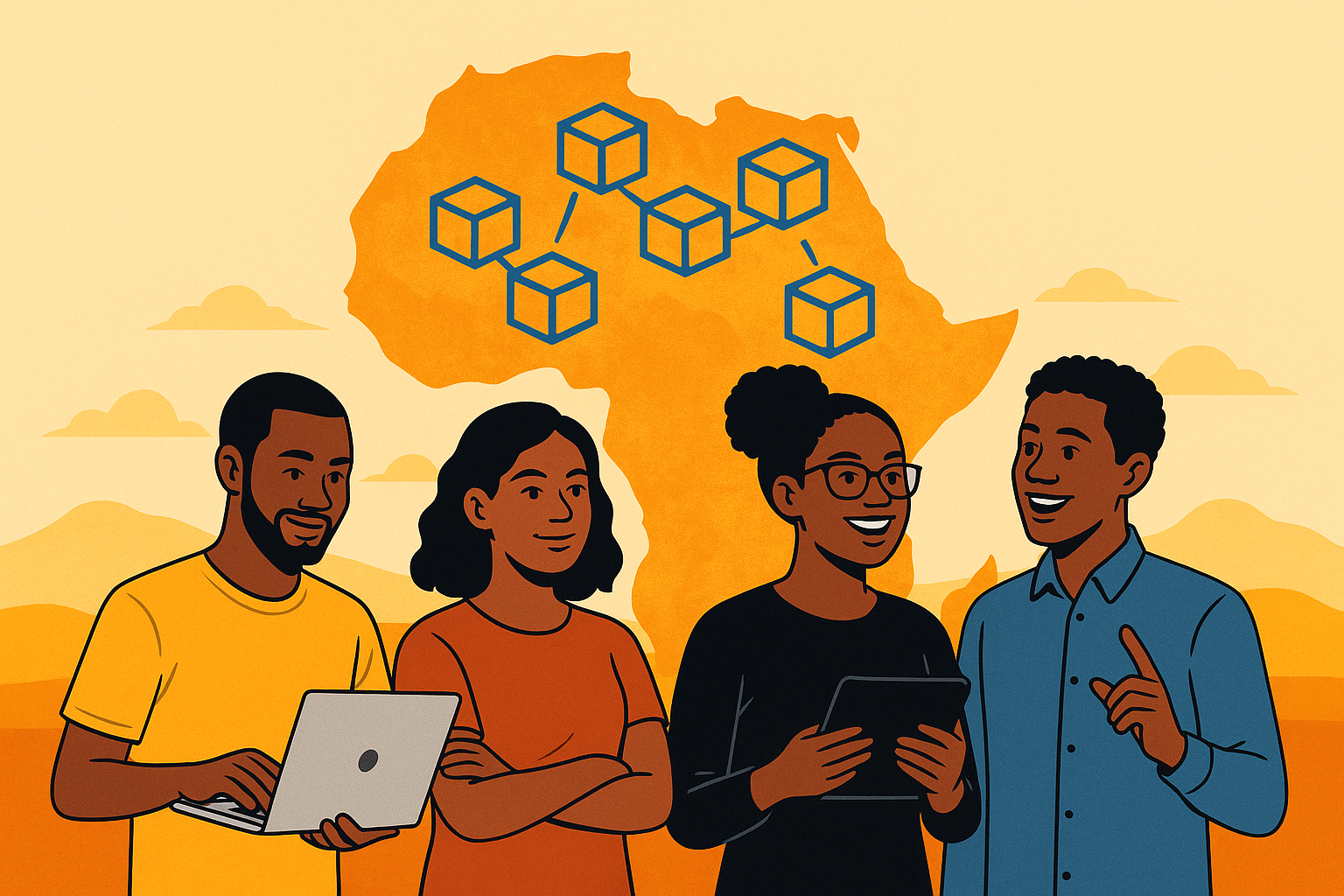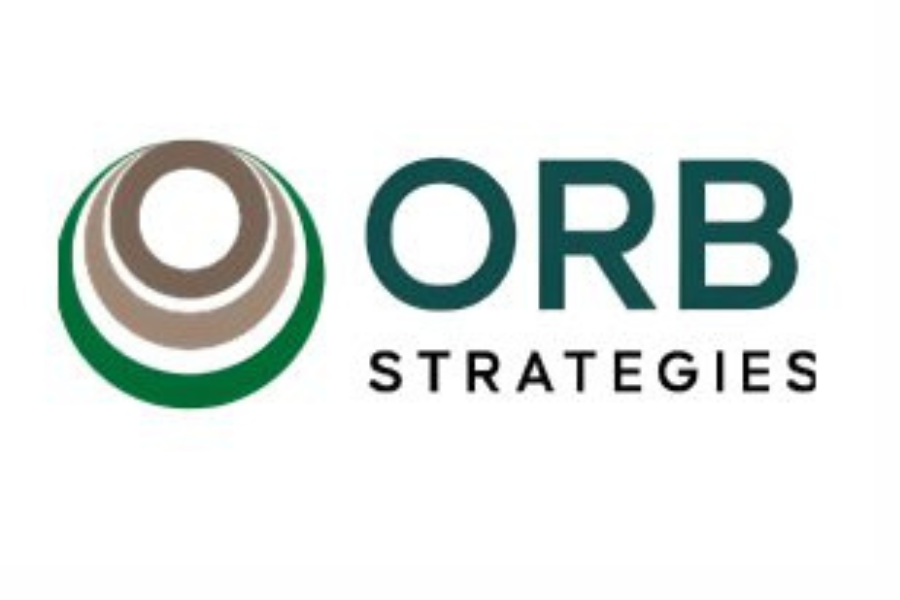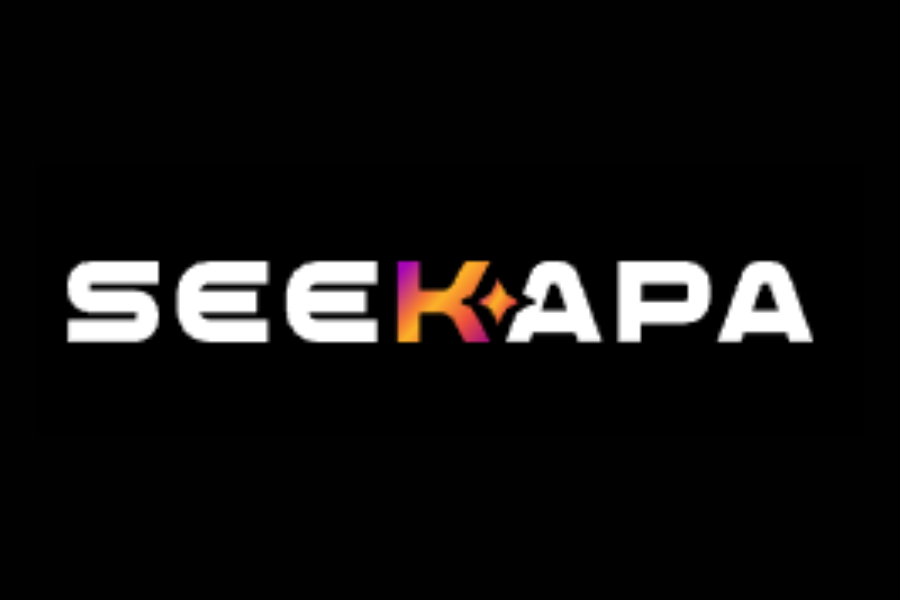Blockchain Technology
Young Innovators Powering Africa’s Blockchain Revolution

Introduction
Africa, a continent often underrepresented in global technology narratives, is rapidly emerging as a hotbed of blockchain innovation. Far from being merely a passive consumer of foreign technologies, Africa is now generating its own momentum—led by young innovators who are reshaping finance, logistics, healthcare, and more using blockchain solutions. These digital-native entrepreneurs are driving the adoption of decentralized technologies at the grassroots level, providing practical applications that tackle some of the region’s most persistent challenges.
In this in-depth exploration, we delve into the stories, technologies, and ambitions of Africa’s youth-led blockchain movement. From Kenya to Nigeria, Ghana to South Africa, these changemakers are not only solving local problems—they are redefining global narratives about blockchain’s potential.
Africa’s Unique Affinity For Blockchain
Unlike the West, where blockchain is often associated with speculative investments, Africa’s young innovators are applying blockchain to real-world issues like corruption, inefficient supply chains, financial exclusion, and lack of data transparency. With over 60% of its population under the age of 25, Africa is well-positioned to capitalize on the fresh energy and digital intuition of its youth.
Moreover, a largely unbanked population, high mobile penetration, and weak traditional infrastructure create the perfect environment for blockchain-driven disruption.
Youth-Led Blockchain Startups Gaining Traction
Across the continent, a growing number of youth-founded startups are emerging, each leveraging blockchain in novel ways.
1. BitSika (Ghana)
Founded by young Ghanaian entrepreneurs, BitSika is a blockchain-based payment platform that allows users to send money across borders using cryptocurrency. It bridges the gap between fiat and crypto, offering instant transfers with minimal fees—especially valuable in a continent where remittance costs are among the highest in the world.
2. Raise (Kenya)
Raise is a Kenyan startup building blockchain-based tools for fundraising and asset management. The platform enables African startups to tokenize equity, giving early-stage investors secure and transparent access to startup capital markets.
3. Kotani Pay (Kenya)
This blockchain-based system facilitates off-grid financial access using USSD technology, enabling even those without internet access to interact with blockchain systems. It’s a vital bridge between the unbanked rural population and the world of decentralized finance (DeFi).
Blockchain In Agriculture And Logistics
Young innovators are not just working in finance—they are revolutionizing agriculture and logistics, two sectors where transparency and traceability are crucial.
AgriLedger (Zimbabwe)
Founded by young Zimbabwean entrepreneur Genevieve Leveille, AgriLedger uses blockchain to create transparent supply chains for farmers. It helps smallholder farmers track produce from the farm to the consumer, ensuring fair pricing and reducing exploitation.
FoodPrint (Nigeria)
A blockchain-powered logistics solution, FoodPrint helps reduce post-harvest losses and spoilage through real-time tracking. It also adds trust to Nigeria’s agri-supply chain by creating tamper-proof records of farm-to-table transactions.
Blockchain And Identity: Empowering The Undocumented
A major barrier to financial inclusion in Africa is the lack of verifiable identity documents. Several blockchain startups led by young Africans are addressing this.
FlexID (Zimbabwe)
FlexID is developing decentralized digital identity systems that allow individuals to own and control their identification credentials. This system helps marginalized populations access banking, healthcare, and education without traditional bureaucratic hurdles.
Driving Social Impact Through Decentralization
Many African youth see blockchain not just as a tech trend, but as a tool for social justice. Decentralization is enabling transparency in government, reducing corruption, and even supporting e-voting initiatives in pilot regions.
In Sierra Leone, blockchain was tested in national elections to prevent vote tampering. In Ghana, blockchain is being proposed for land registry systems, making land ownership less prone to fraud and litigation.
Education And Mentorship: Building Africa’s Blockchain Talent
Several initiatives are working to equip young Africans with blockchain skills:
Binance Africa Campus Tour: Hosting education sessions in universities across Nigeria, Ghana, and Uganda.
Africa Blockchain Center (Kenya): A youth-led hub offering blockchain certification programs.
Blockchain Africa Conference: Connecting innovators with investors and mentors.
This educational push is not only creating talent—it’s enabling youth-driven research and open-source collaboration.
Challenges Faced By Young Innovators
Despite their achievements, Africa’s blockchain entrepreneurs face several hurdles:
Regulatory uncertainty: Many countries lack clear guidelines, creating risk for startups.
Limited access to capital: Funding remains concentrated in North America and Europe.
Infrastructure gaps: Electricity, internet access, and payment gateways are inconsistent.
Public perception: Many still associate blockchain with scams due to misinformation. Yet, it is the resilience of Africa’s youth that continues to move the needle forward.
Government Support And The Changing Policy Landscape
Some African governments are beginning to embrace blockchain innovation. For example:
Nigeria launched a national blockchain policy in 2023.
Kenya has allowed pilot tests for land registry and healthcare data.
Rwanda is developing blockchain strategies for economic development and transparency.
These policy shifts reflect a growing understanding that blockchain can be more than crypto—it can be a platform for structural transformation.
Africa On The Global Blockchain Map
African blockchain projects are increasingly gaining international recognition and funding. From Y Combinator backing Paystack (acquired by Stripe) to Cardano’s investments in Ethiopia, the global blockchain community is starting to bet on Africa’s potential.
Platforms like Yellow Card (Pan-African crypto exchange) and Chipper Cash (cross-border payments) are now scaling globally, driven largely by youth-led teams.
The Future: Youth As Custodians Of Africa’s Decentralized Future
With each successful pilot, each new startup, and every line of code written by a young African developer, the continent moves closer to true digital sovereignty.
Blockchain is not a magic bullet, but in the hands of Africa’s youth, it is becoming a powerful tool for equity, access, and transformation.
This generation is not waiting for permission—they’re coding, building, innovating, and reimagining Africa’s future. If blockchain is the infrastructure of tomorrow, Africa’s youth are its chief architects.
Conclusion
The story of blockchain adoption in Africa is a story of youth-driven resilience, creativity, and ambition. While much of the global attention remains fixed on markets like the US and Europe, the real revolution is unfolding in African classrooms, co-working spaces, and community farms—where young people are taking blockchain beyond buzzwords and applying it to real lives and real impact. Africa’s young innovators are not just participating in the blockchain revolution—they are leading it.











